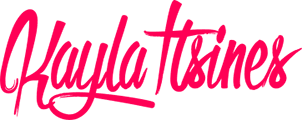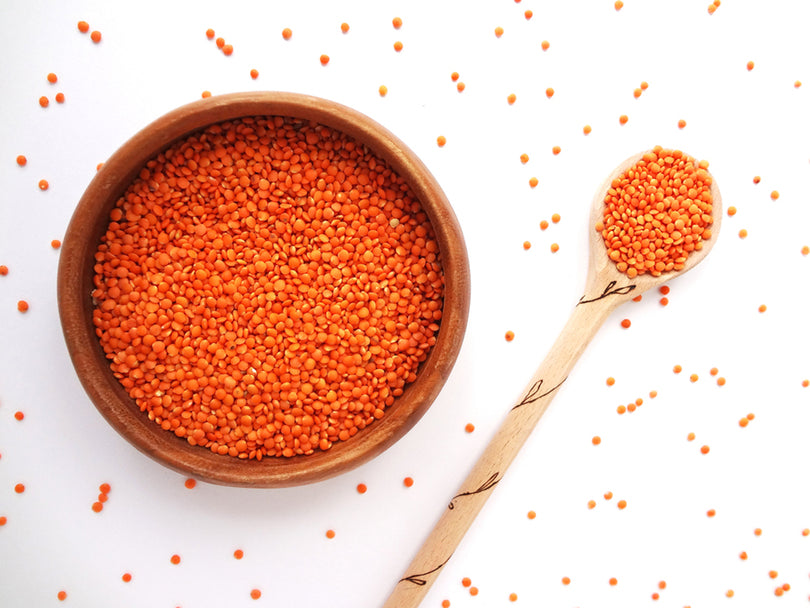Three Ways To Make Sure You’re Getting Enough Iron


Our body needs iron. It helps to transport oxygen from the lungs to cells throughout the body. We need this oxygen supply to give us energy and to help every single function in our body. If your iron intake is too low, you may be more prone to fatigue or a lowered immune system. While you can boost your immune system naturally, as I’ve written about before, iron intake is still something you need to consider.
Iron is a highly important part of every diet, especially for women. We have a much higher need for iron in our diet due to the loss of blood during our period. A diet low in iron, or even some health conditions, can lead to an iron deficiency, or anaemia.
To ensure you are getting enough iron, here are a few tips:
Eat foods rich in iron
Firstly, it’s important to note there are two types of iron: haem and non-haem. Haem iron is found in animal proteins, such as beef, lamb, poultry and liver. Non-haem iron is found in eggs and plant-based foods, such as green leafy vegetables, wholegrain breads and iron-fortified cereals or breads.
Other iron-containing foods include dried beans and lentils, oats, dried apricots, nuts and seeds.
Eat foods that help your body absorb iron
Some food and drink can help the body absorb iron, like foods containing vitamin C. That means adding citrus fruits, berries, tomato, capsicum and green vegetables to your diet; for example, you can add slices of orange to a spinach salad.
For vegans and vegetarians, this is particularly important as the majority of your intake will be non-haem iron, which is not absorbed by the body as easily. Try eating iron-fortified cereal with added berries to increase absorption.
In some cases, cooking can also increase the amount of iron available in vegetables. For example, your body absorbs only a low amount of iron from raw broccoli, in comparison to an amount five times higher from broccoli that has been cooked.
Avoid iron inhibitors
Just as there are foods that can help your body absorb iron, there are those that can do the opposite! These are known as iron inhibitors and some of the common ones are fibre, calcium and tannins. BUT that doesn’t mean you should cut these from your diet. Just be mindful of when you eat them — for example, try to avoid having a cup of tea or coffee when you have your meals.
Iron is one of the essential nutrients needed by our bodies (along with these essential vitamins and minerals). Following these tips can help naturally increase the intake of iron in our diet, so be sure to eat those green vegetables and vitamin-C rich foods.
Love, Kayla xx
* Disclaimer: This blog post is not intended to replace the advice of a medical professional. The above information should not be used to diagnose, treat, or prevent any disease or medical condition. Please consult your doctor before making any changes to your diet, sleep methods, daily activity, or fitness routine. Sweat assumes no responsibility for any personal injury or damage sustained by any recommendations, opinions, or advice given in this article.




<#= c.user.username #><#= moment(c.created_at * 1000).fromNow() #>
<#= c.html_body #> <# if (c.images) { #>
<# } #>